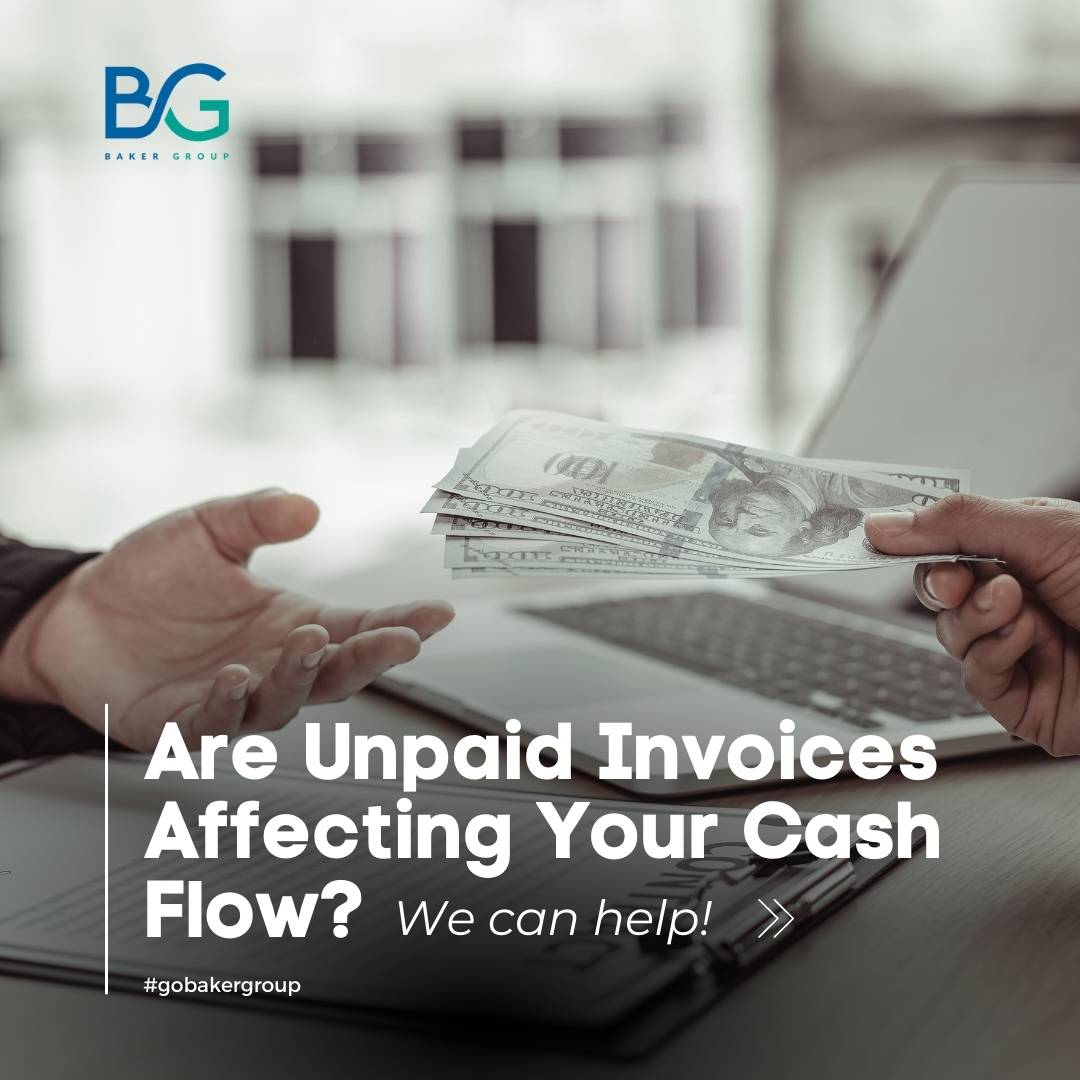Debt Collection Scams: How to Protect Yourself
Debt Collection Scams: Debt is a stressful reality for many Americans. Unfortunately, scammers try to capitalize on this stress by posing as debt collectors. These scams can lead to financial loss, identity theft, and unnecessary anxiety. At the Baker Group, we believe in fair and ethical debt resolution. That’s why we want to arm you with the knowledge you need to protect yourself from these unscrupulous practices.
How Debt Collection Scams Work
Debt collection scams typically involve a scammer contacting you through phone, email, or mail, claiming that you owe a debt (which may or may not be real). They’ll often use high-pressure tactics, threats, and intimidation to try and scare you into paying. Some common red flags of a scam include:
- Demanding immediate payment: Legitimate debt collectors will work with you to find a reasonable payment plan.
- Threatening arrest or legal action: Debt collectors cannot have you arrested for unpaid debts.
- Refusing to provide validation of the debt: You have the right to request proof that you actually owe the debt.
- Asking for sensitive information: Never give out your Social Security number, bank account details, or credit card information over the phone or to someone you don’t trust.
- Pressure to pay in unconventional ways: Beware of requests for wire transfers, gift cards, or cryptocurrency. These are often preferred by scammers.
How to Protect Yourself
- Know Your Rights: The Fair Debt Collection Practices Act (FDCPA) outlines what debt collectors can and cannot do. Familiarize yourself with these rights.
- Verify the Debt: If you’re unsure whether a debt is legitimate, contact the original creditor directly to confirm.
- Request Debt Validation: If contacted by a debt collector, request a debt validation letter in writing. This should include details about the debt, the creditor, and your rights under the FDCPA.
- Document Everything: Keep a record of all communications with debt collectors, including dates, times, and the content of conversations or letters.
- Report Suspicious Activity: If you suspect a debt collection scam, report it to the Federal Trade Commission (FTC), the Consumer Financial Protection Bureau (CFPB), and your state attorney general’s office.
The Baker Group Difference
At the Baker Group, we operate with integrity and transparency. We adhere to all regulations and strive to treat every individual with respect. Our goal is to help you find a fair and manageable solution to your debt. We will never resort to scare tactics or pressure you into making hasty decisions.
If you are struggling with debt, we encourage you to reach out to us. We offer free consultations and can help you understand your options. Remember, you don’t have to face debt alone.










